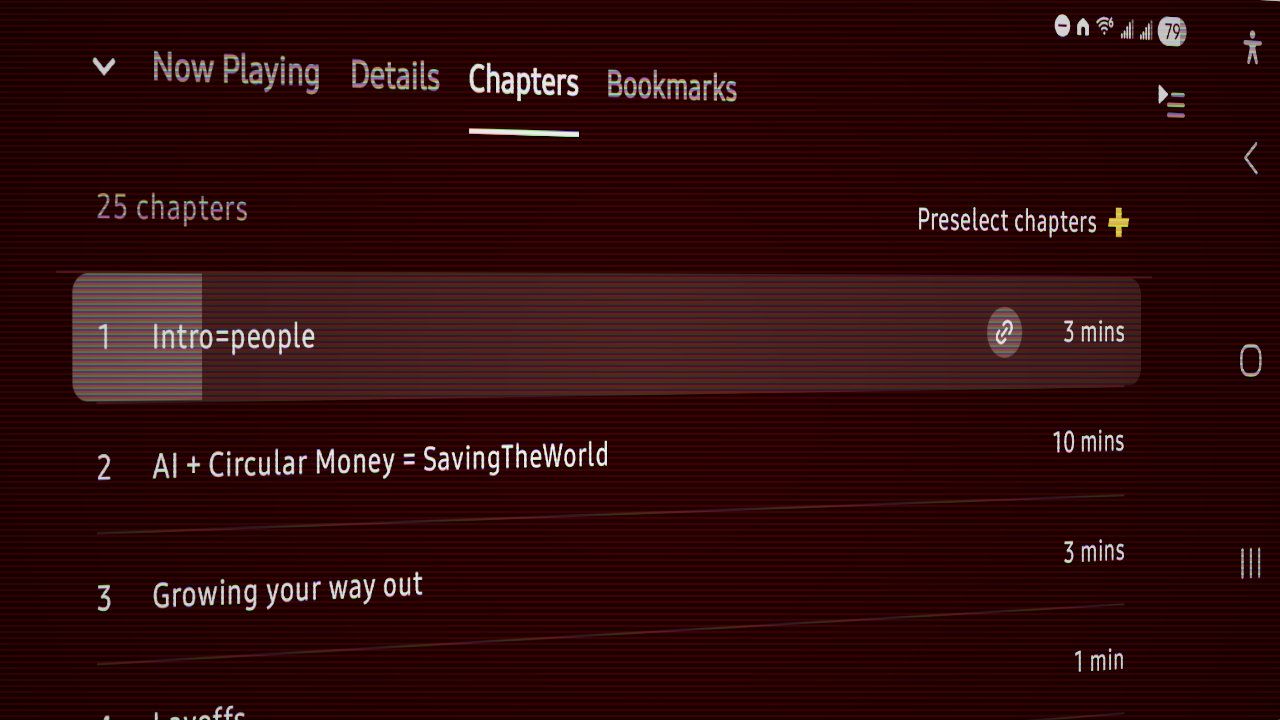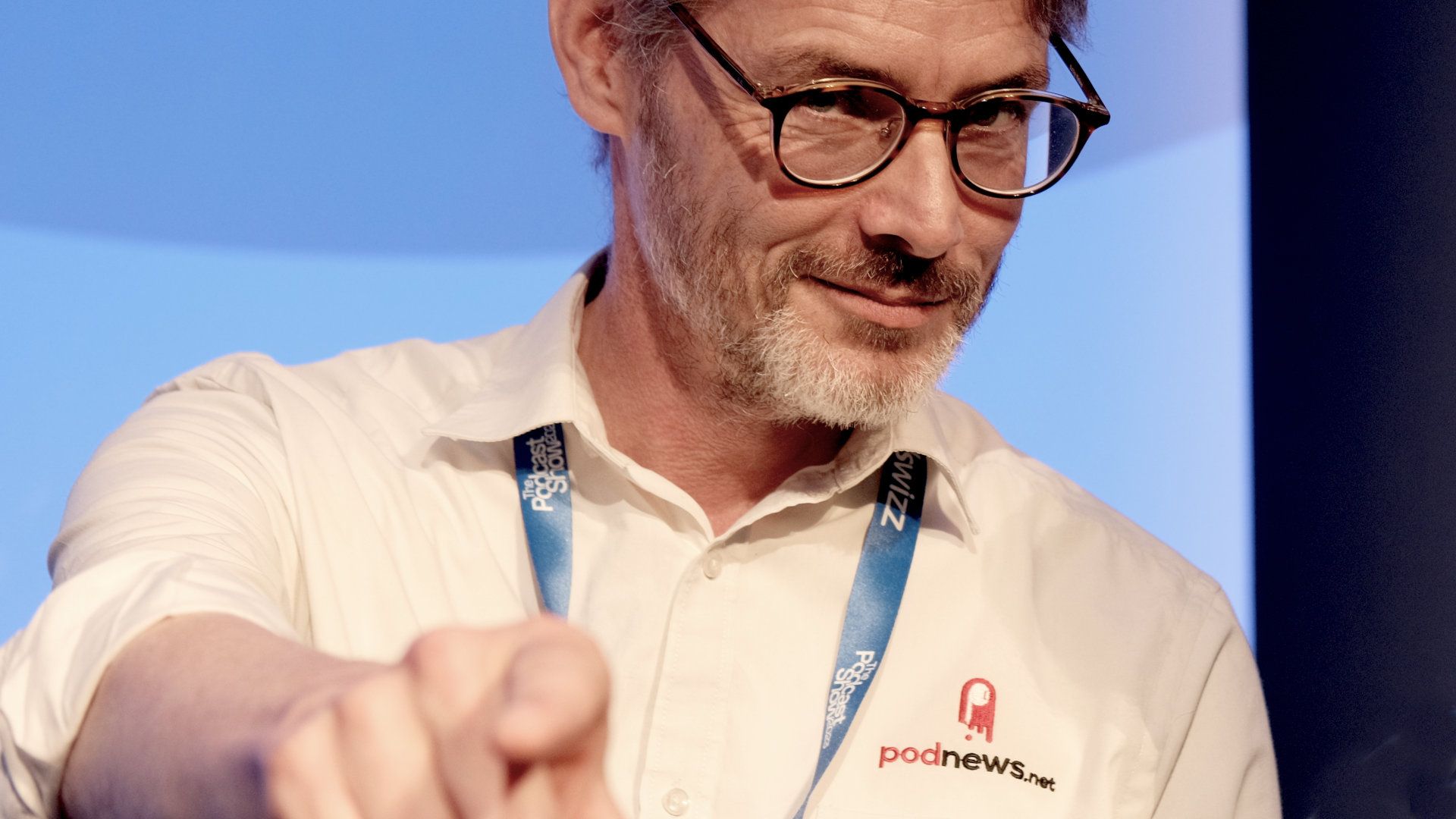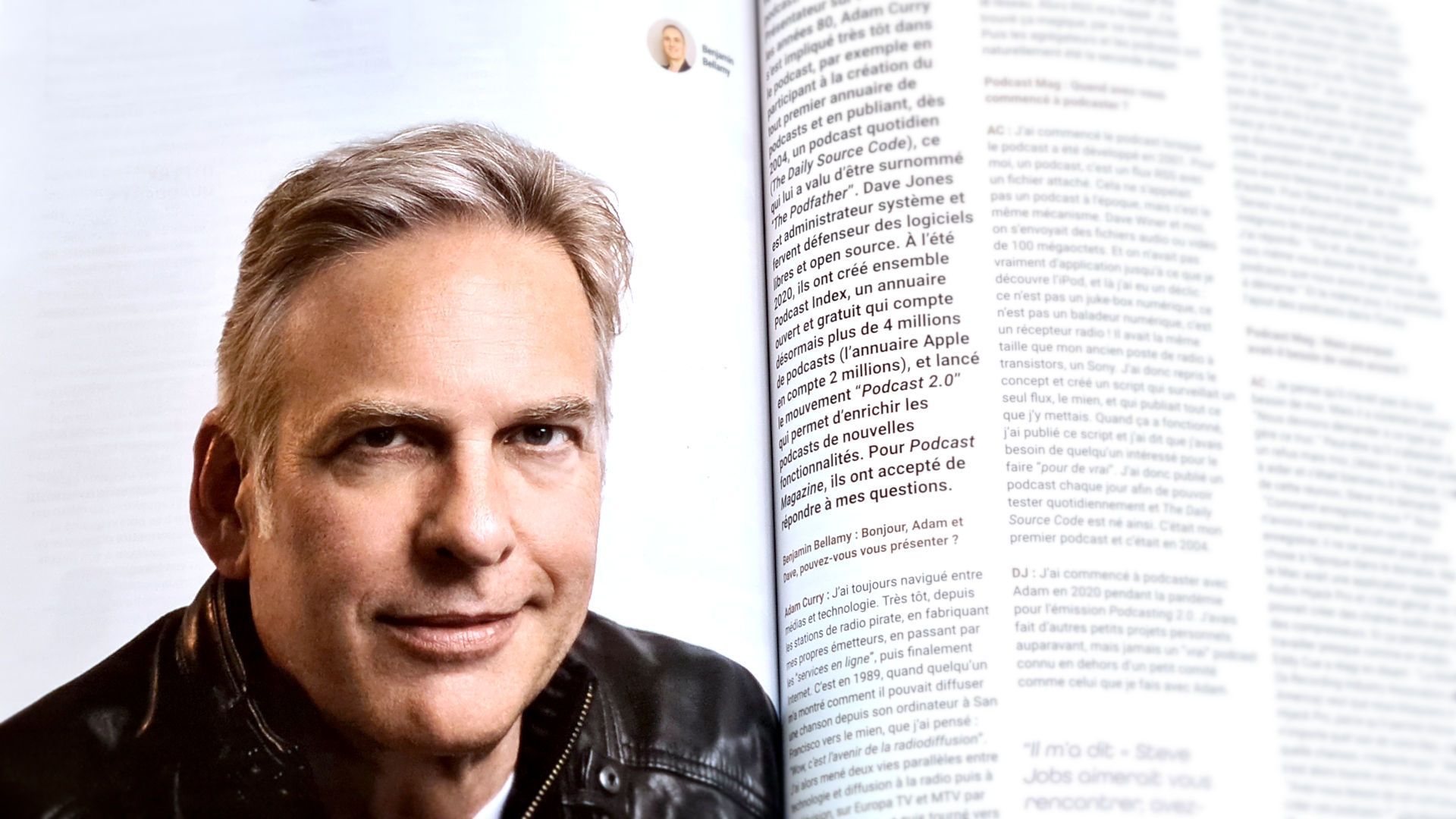
Apple Podcasts Embraces Chapters: Another Victory for Podcasting 2.0
Apple Podcasts' adoption of the Podcasting 2.0 chapters standard proves that community-driven, open specifications can triumph over proprietary solutions—and marks another milestone in making podcasts more discoverable and accessible for everyone.
When Adam Curry launched the Podcasting 2.0 movement in the summer of 2020, few could have predicted the profound impact it would have on the entire podcasting ecosystem. Today, we're witnessing another milestone moment: Apple Podcasts has added support for podcast chapters, including the <podcast:chapters> tag from the Podcasting 2.0 specification.
Three Ways to Add Chapters
With the upcoming iOS 26.2 release in December, Apple Podcasts will support three different methods for implementing chapters on your podcast:
Episode Description: The most accessible method for everyone. Simply add chapter titles and timestamps directly to your episode description, starting the first chapter at 00:00:00 with at least three chapters total. This format works across Spotify and YouTube as well, making it a universal solution.
RSS Feed: Submit chapters through your hosting provider's RSS feed using the <podcast:chapters> tag. This is where Castopod shines—we've supported this Podcasting 2.0 standard from the beginning. This method offers the most flexibility, allowing you to include images and even update chapters after publishing without re-uploading your audio file.
File Metadata: Specify chapters in the header of an MP4 file or by modifying the ID3 tags of an MP3 or AAC file. While this works well for some workflows, these tags can be stripped by certain hosting platforms during processing.
The Not-Invented-Here Syndrome Is Not a Fatality
This marks the second time Apple Podcasts has implemented a Podcasting 2.0 feature, following their adoption of the <podcast:transcript> tag in March 2024. That was a watershed moment: Apple not only embraced the community standard but also automatically generated transcripts for almost every podcast in their catalog using AI. Just as with chapters now, creators could opt out of the AI-generated transcripts by providing their own using the <podcast:transcript> tag—giving podcasters full control while dramatically improving accessibility for millions of listeners.
The transcript rollout followed the exact pattern we're seeing with chapters: Apple supported multiple formats (VTT, SRT), made it easy for any creator to participate, and proved that a major platform could adopt open standards without compromising their user experience. In fact, the integration of transcripts improved Apple Podcasts significantly, enabling full-text search within episodes and better accessibility features.
What we're witnessing is a powerful demonstration that community-driven standards can succeed, even when dealing with one of the largest platforms in the ecosystem. The "not-invented-here" syndrome—the tendency for large companies to reject externally developed solutions—has plagued the tech industry for decades. But Apple's embrace of Podcasting 2.0 specifications proves that collaborative, open standards can win when they solve real problems for creators and listeners alike.
As James Cridland noted in his Podnews analysis, Apple is taking this even further by automatically generating chapters for podcasts that don't have them—using AI to identify natural chapter breaks. James had already speculated about this feature back in September, wondering if Apple would use AI-generated chapters as a way to encourage broader adoption. Creators can easily opt out of these automatic chapters by providing their own using any of the three supported methods.

Why This Matters: Discoverability and Accessibility
Chapters and transcripts aren't just nice-to-have features—they're fundamental to solving one of podcasting's biggest challenges: discoverability.
The heavily decentralized nature of podcasting has always been both its greatest strength and its biggest weakness. Unlike centralized platforms, podcasts can't be easily indexed, searched, or semantically linked. Content that exists only in audio format is essentially invisible to search engines and accessibility tools.
Chapters transform this equation entirely. They enable:
- Better search: Listeners can find specific segments within episodes
- Improved SEO: Search engines can index and rank podcast content more effectively
- Semantic links: Specific moments can be referenced and shared with precision
- Enhanced accessibility: Screen readers and assistive technologies can navigate podcast content more easily
- Faster navigation: Listeners can jump directly to the content they want
When Apple implemented transcript support in March 2024, we saw the entire ecosystem respond. Podcast hosting platforms and listening apps rushed to add support because creators demanded it. The same pattern is already unfolding with chapters.
The Network Effect Begins
Here's what happens next: Now that Apple Podcasts supports the <podcast:chapters> tag, every other platform will follow. We've seen this story before with transcripts. Hosting platforms that don't support chapters will face pressure from their creators. Podcast apps without chapter support will seem antiquated compared to competitors.
Many podcast apps have already implemented chapter support, demonstrating the demand for this feature and proving the viability of the standard. Apple's adoption will accelerate this trend dramatically.
The beauty of open standards is that they create positive network effects. Each platform that adopts the standard makes it more valuable for everyone else. Creators only need to implement chapters once, and they work everywhere. Listeners get a consistent, improved experience across all their apps.
Castopod: Ready from Day One
At Castopod, we've been champions of Podcasting 2.0 since the beginning. Our platform already supports the <podcast:chapters> tag, meaning our users are ready to take advantage of Apple's new chapter support immediately—no updates required, no new workflows to learn.
This is the promise of open-source podcasting infrastructure: when the ecosystem moves forward, you move with it automatically because we're all building on the same foundation.
Looking Forward
When I interviewed Adam Curry about the Podcasting 2.0 initiative, we discussed his vision for a more open, decentralized, and feature-rich podcasting ecosystem. At the time, even I didn't fully appreciate how transformative these efforts would become.
But now, watching major platforms like Apple adopt community-driven standards, the vision is becoming reality. Chapters and transcripts are just the beginning. The Podcasting 2.0 specification includes features for value-for-value payments, cross-app comments, live streaming, persons tags, and much more.
Each time a major platform embraces one of these standards, it validates the entire approach and makes the next adoption easier. The momentum is building, and the future of podcasting looks more open, accessible, and discoverable than ever.

Get Started with Chapters Today
If you're hosting your podcast on Castopod, you already have everything you need to add rich, feature-complete chapters to your episodes. Our implementation of the <podcast:chapters> tag allows you to:
- Add chapter markers with custom titles
- Include images for each chapter
- Update chapters after publishing
- Support all listening apps that implement the standard
The decentralized podcast ecosystem thrives when we work together on open standards. Apple's embrace of Podcasting 2.0 chapters is proof that this collaborative approach works—and a sign of even better things to come.
Want to learn more about implementing chapters in Castopod? Check out our documentation or join our Discord. And if you're interested in the broader Podcasting 2.0 initiative, visit podcasting2.org to see what's next for the open podcast ecosystem.





